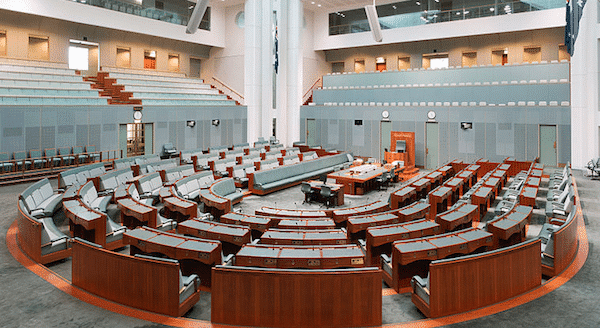Small businesses around Australia remain relatively unaffected by this year’s Federal Budget. Here is a summary of the primary take-outs that you’ll need to be aware of for this financial year and to assist you in your planning for the 2019-20 financial year.
$20,000 asset immediate write-off.
The most beneficial announcement that has some positive flow-on effect for most small businesses, is that the instant asset write-off up to the value of $20,000 has been extended for another financial year. Small business enterprises with an aggregated turnover less than$10M can continue to claim an immediate deduction on $20,000 and below for asset purchases until 30 June 2019. Any assets written off must be used or installed and ready for use by 30 June 2019
Research and Development (R&D) tax offset.
Small Businesses with an aggregate turnover under $20M can continue to claim the 13.5% offset for R&D costs accrued above the company or small business entity’s current tax rate. Cash refunds are now capped at $4M a year. Any R&D cash offsets that cannot be refunded can be carried forward as a non-refundable offset and applied in relevant future years. Clinical trials are not included in the cap. There is also an increase in regulatory monitoring and compliance overall.
Tightening of company payments from trusts.
Anyone with present unpaid entitlements from trusts will now come under the Australian Taxation Office’s Division 7A. This amendment means that any trust profit distributed over time to a business is now subject to tax as a dividend. This change will come into effect from July 2019, so it is best to start planning for the amendment now. It is unclear how this will play out retrospectively. Other previously planned amendments relating to Division 7A for this year, will now be deferred until the 2019-20 Federal Budget when all changes can be delivered concisely.
Circular trust distributions.
Anti-avoidance rules have been introduced in an initiative to stop circular trust distribution. Circular trust distribution occurs when net income from a trust is paid to one or more related entities and then deposited back into the original trust.
Partnership integrity measures tightened.
As of 8 May 2018 any partners who alienate their income or delay rights through future partnerships will no longer be able to access Small Business Capital Gains Tax (CGT) concessions.
Other things to note for this year:
- The ten-year enterprise tax plan remains unaffected. The 2018-19 tax rate for businesses with an aggregate turnover under $50M will remain at 27.5%.
- Businesses will be denied deductions for wages where PAYG withholding has not been paid or when a contractor has not supplied an ABN.
2019-20 Financial Year.
- There is a planned extension to contractor reporting obligations from 1 July 2019. This will primarily affect businesses in the computing system design (and related services), security, road-freight transport industries.
- From 1 July 2019 a $10,000 cash limit will be placed on payments made for any goods or services. Payment over this amount must be made electronically or via cheque.
- How to tax digital businesses in Australia will become the subject of a discussion paper by the Australian Taxation Office next year. This complicated area is sure to generate significant interest and discussion.
In summary, this year’s Federal Budget was a relatively uncontroversial one for businesses. If you have any questions about any of the announced changes or you would like to discuss how to plan for the 2019 financial year please don’t hesitate to call us.





















